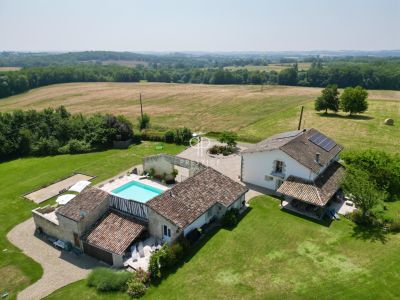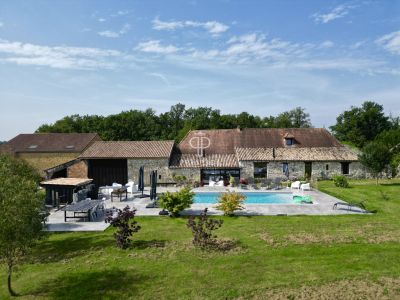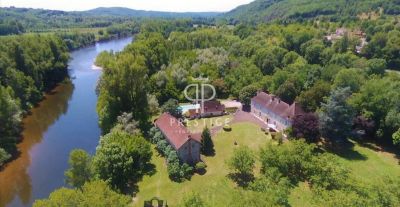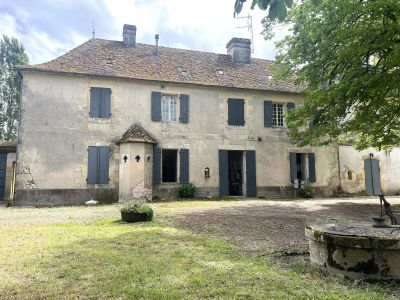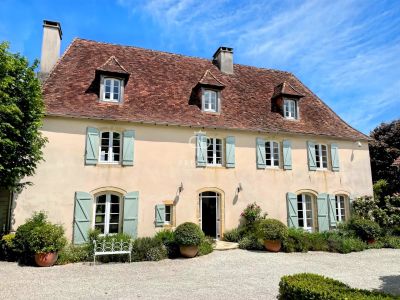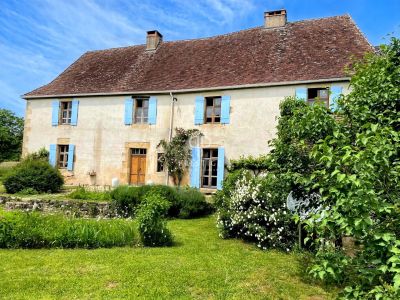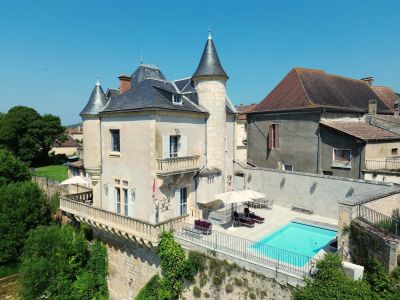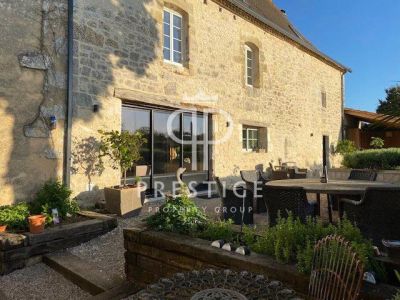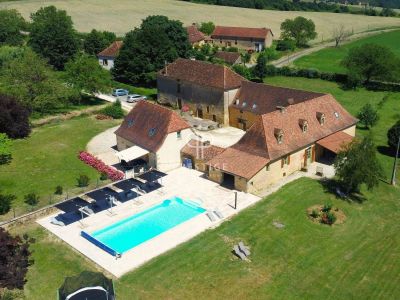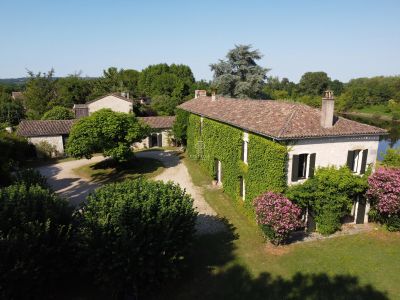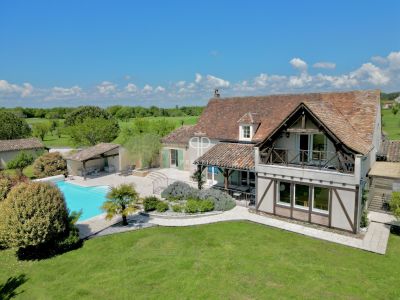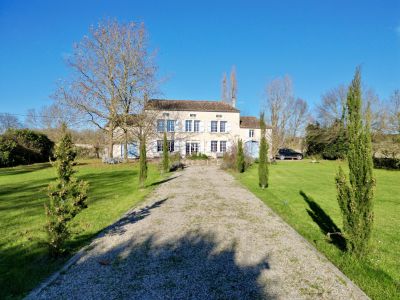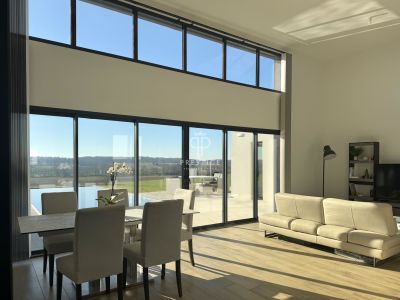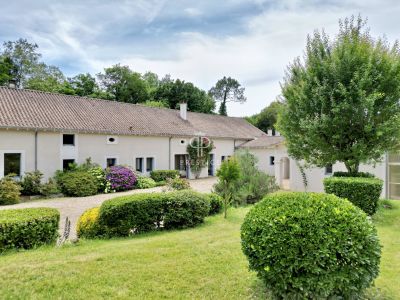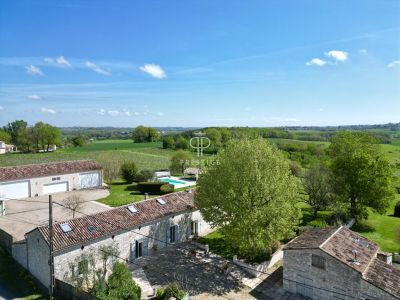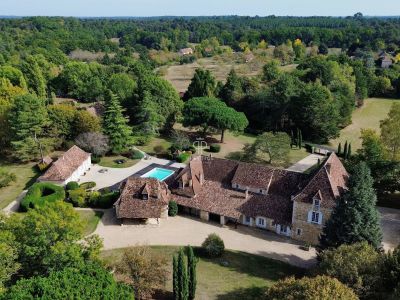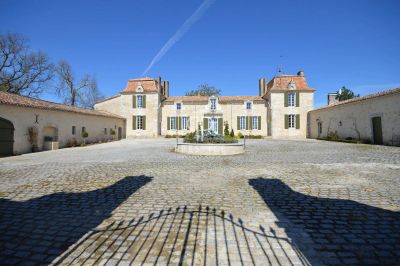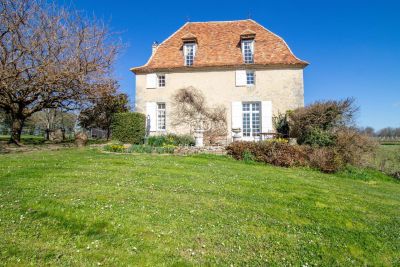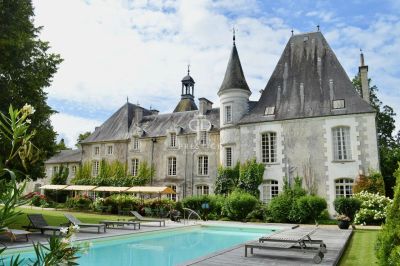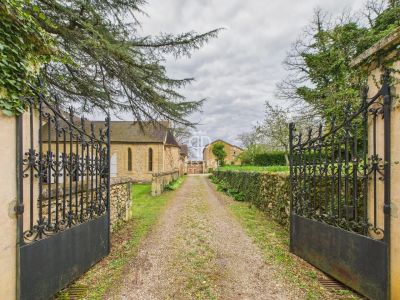Dordogne Property
Area Guide
Dordogne is a département in south-west France that has become synonymous with beautiful landscapes. Situated in the region of Aquitaine, between the Loire valley and the Pyrenees, this area is named after the famed Dordogne River, which runs through it. It is not hard to see why Dordogne property is so highly prized.
Dordogne property has much to offer in terms of location, with houses situated in the many striking villages, which can be found amid the rolling hills. Some of these places are considered so picturesque that they are categorised as Les Plus Beaux Villages de France (the most beautiful villages in France) – high praise indeed! Walkers will delight in Dordogne and there is a wonderful feeling of space here. From your Dordogne property it is easy to find tranquillity off the beaten track in the hills, woodlands and forests.
Of course, the Dordogne River is one of the reasons why this area is a popular choice for visitors. There’s nothing better than to hire a canoe and explore it for yourself. Many locations can only be seen from the water and you will make your own enjoyable voyage of discovery. On the journey you are sure to uncover lovely beaches, which make ideal locations for swimming, sunbathing and paddling. Why not have a day trip from your Dordogne property? Simply pack a picnic and away you go!
The Valley of the Vézère is a fascinating area, with no fewer than 175 prehistoric sites along the banks of the river of the same name. Meriting a visit from your Dordogne property is Les Eyzies, often dubbed ‘the world’s capital of prehistory’. Situated on the Vézère River, the town is home to Le Musée Nationale de la Préhistoire and is surrounded by some of the area’s best caves. The world-famous cave paintings of Lascaux are nearby, and the replica, which is open to visitors, is a must-see.
Dordogne is famous for its châteaux. Lovers of history and fine architecture will find delight in these romantic buildings, of which there are over a thousand! The Château de Beynac is a fine example. Standing proudly, high on a rocky promontory, 200 metres above the Dordogne River, it looks down over stunning scenery, including a fine view of Château Castelnaud – another wonderful example of a Dordogne château! In fact, why just visit châteaux here? Your new Dordogne property could be one of these splendid buildings! With a Dordogne property history is well and truly on your doorstep, and the medieval town of Sarlat is worth mentioning in this regard. It is one of the most renowned towns in the region, and boasts both medieval and renaissance architecture. Its beautiful yellow sandstone buildings in the old town, which glow beautifully in early-morning sunshine, are truly stunning.
Dordogne property may also be a must for gourmet-lovers. We must take note that this area is affectionately known as le Périgourd, a combination of the word for Dordogne’s capital, Périgueux, and the French term gourmand (‘eats well’). Local specialities include confit de canard and foie gras. Walnuts and chestnuts are grown here, and truffles can also be found. There are even dedicated truffle markets from the end of November to mid-March. Local markets are well worth visiting for the fresh seasonal produce and in the summer the special marchés nocturnes are fantastic places to spend the evening. You can eat, drink and listen to music, all in a fantastic atmosphere. For wine connoisseurs, the area around Bergerac is of course famous, and wine tasting can be done at local caves in the east and west of the region. Why not pour a glass to toast your new Dordogne property?
You will also enjoy a wonderfully warm climate all year round here. Summers spent in your Dordogne property are consistently warm, with temperatures typically reaching 30 – 35°C. Getting to your Dordogne property is easy, with airports at Bergerac, Bordeaus, Angoulême, Poitiers, La Rochelle and Limoges all within striking distance. Train travel by TGV to Angoulême is quick, and a car can be hired to complete your journey. A car is recommended for exploring.
So, do you like what you have read so far? If so, we have some exquisite Dordogne property which is just waiting for you to discover for yourselves.
Buying a Property in France
1. Signing the Agreement (Compris)
On finding a property you wish to purchase you will need to negotiate the terms, price and conditions of the sale with the owner.
The next step, once you are in agreement, is to sign the preliminary contract (Compromis de Vente). This is a legal document and after ten days will be binding on both parties. Rules change frequently in France and it is best to consult with your notary about when this period starts. Generally the compris will be signed in France with the Agent.
Variants can be included in the compris, for example an Acte (clause) can be added if the name or names to go on the title deed have not been finalised. If a mortgage will be required to purchase the property, the details for this, including the name of the mortgage company, must be on the compris.
2. Paying the Deposit
Generally the deposit will be 10% of the agreed purchase price. This will normally be paid to the notaire. There are exceptions to this, if the agent holds a carte professionelle, is bonded and fully registered then you may pay them, but do not hand over the deposit to anyone else. If for some reason the purchase does not go through, for example, if you write to the notaire and the agent that you do not wish to go continue with the purchase before the contract is binding (within seven days of signing the compris), then your deposit would be repaid. This would also apply if a condition had not been met, or the mayor or S.A.F.E.R. (a government agency that has the right of first purchase on most rural property that comes onto the market in France) could oblige the purchaser to give way. If you decide after the seven days 'cooling off' period that you do not wish to complete the purchase and pull out of the sale you would lose your deposit. If however the vendor pulls out of the sale then you will receive your deposit back plus the same amount from the vendor.
3. On Completion
Generally it will take around two or three months to complete the purchase.
During this time the balance of the purchase money must be paid into the account of the notaire, this must be done well ahead of the completion date. The notaire will prepare the documents, check that the deed of sale (Acte de Vente) is in order and have the legal title ready to be signed over. It is possible to have someone sign on your behalf if you give them power of attorney. An interpreter may be of use at this point if your French is not very good and many Notaires will suggest (or insist) that an interpreter is with you.
